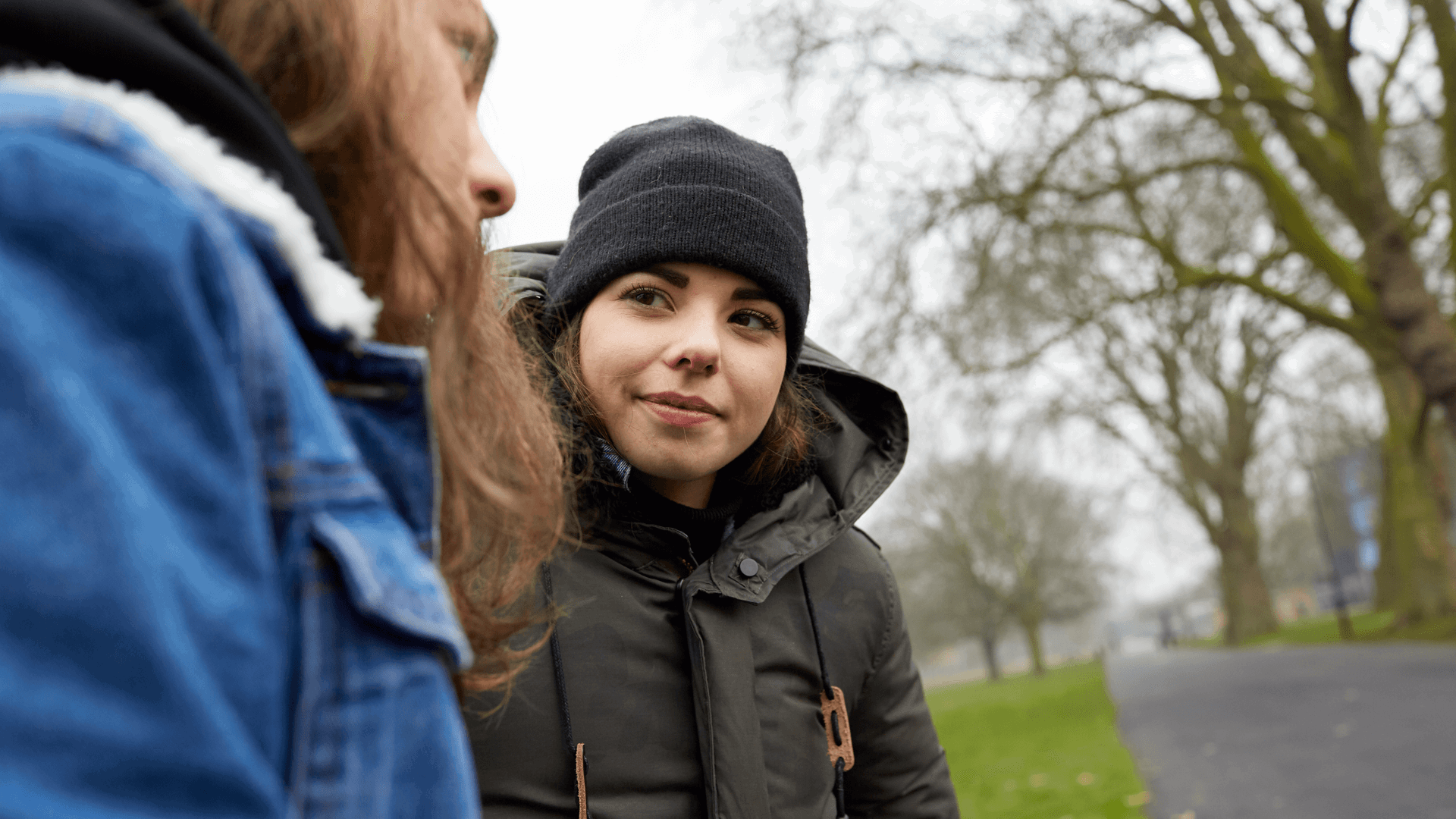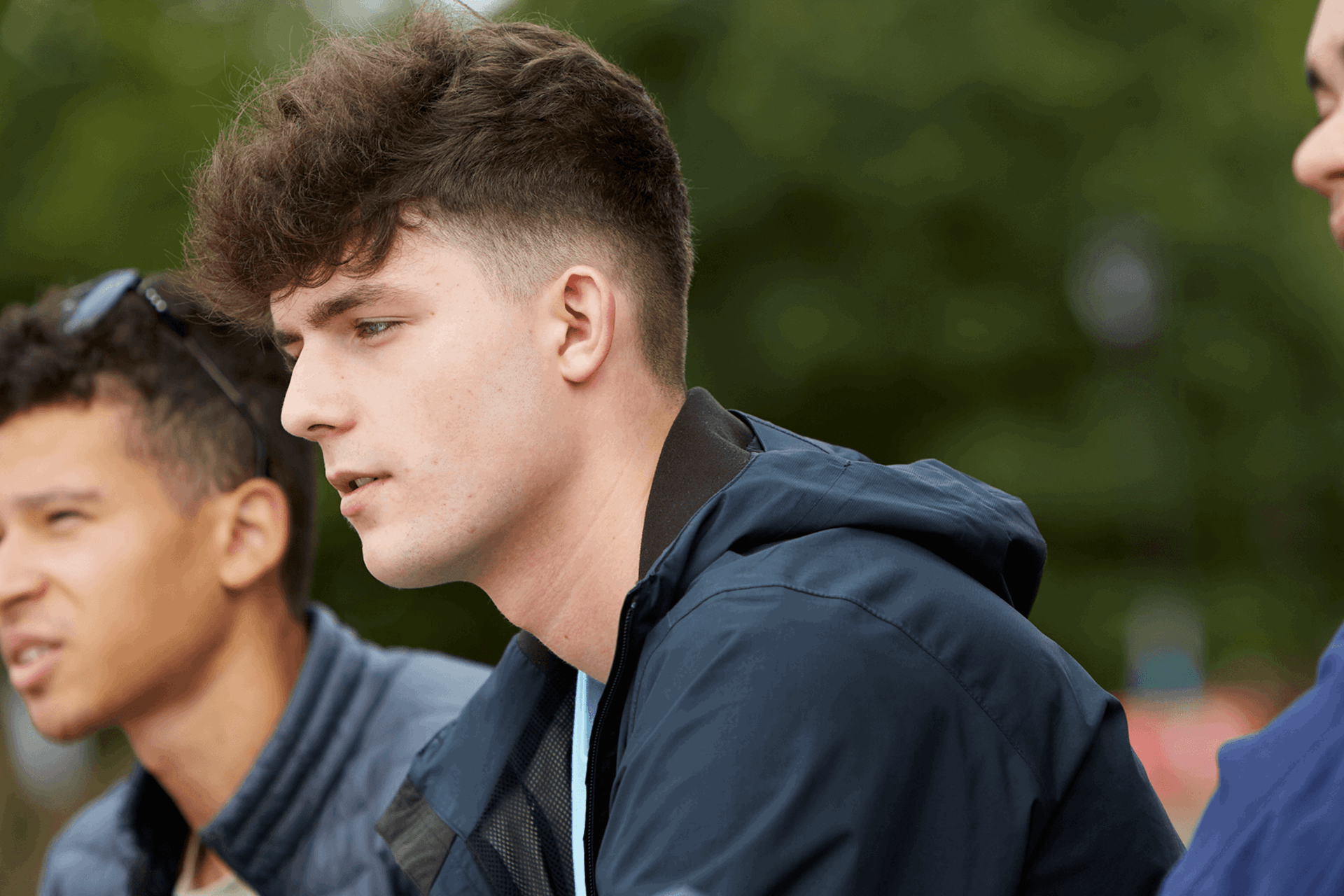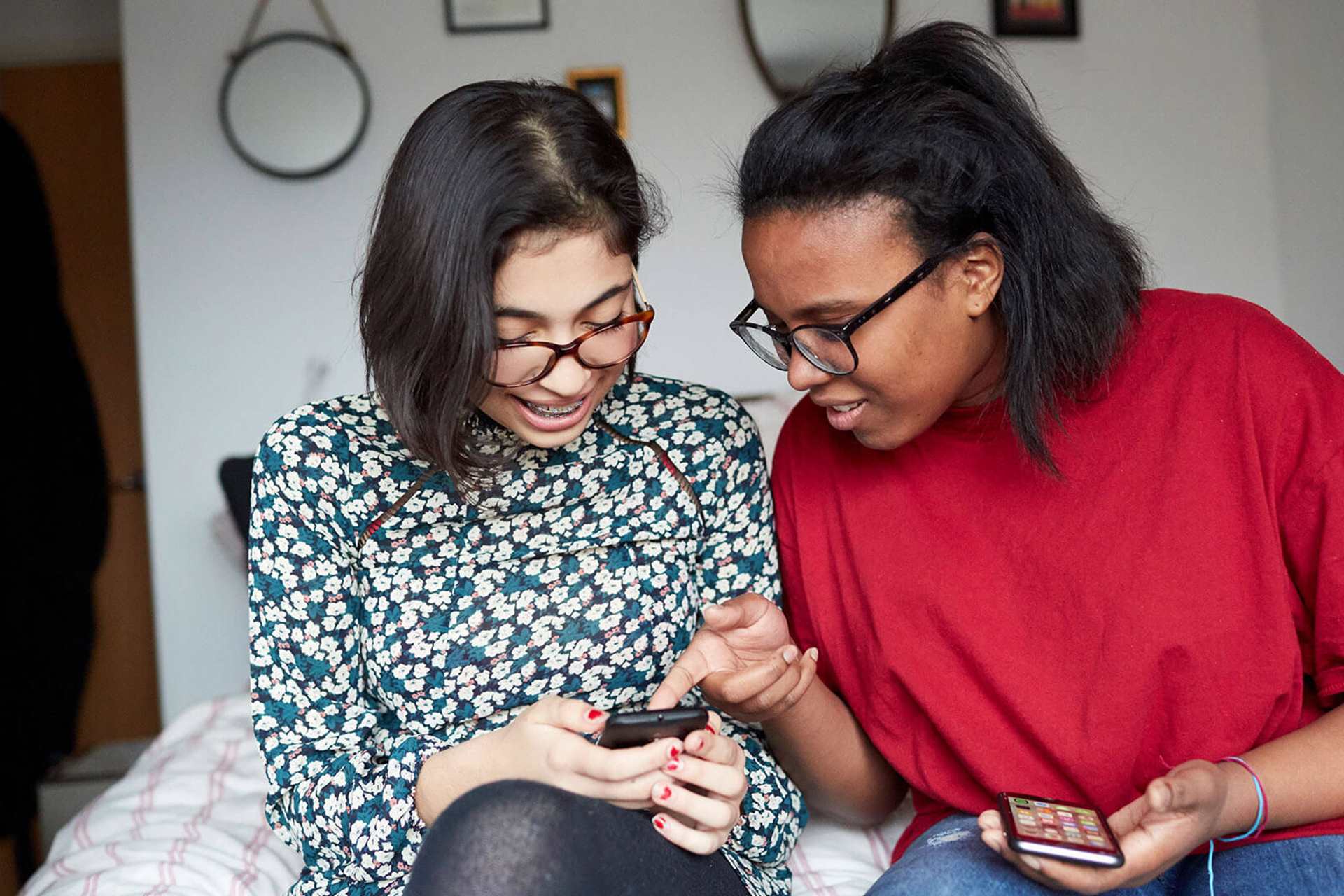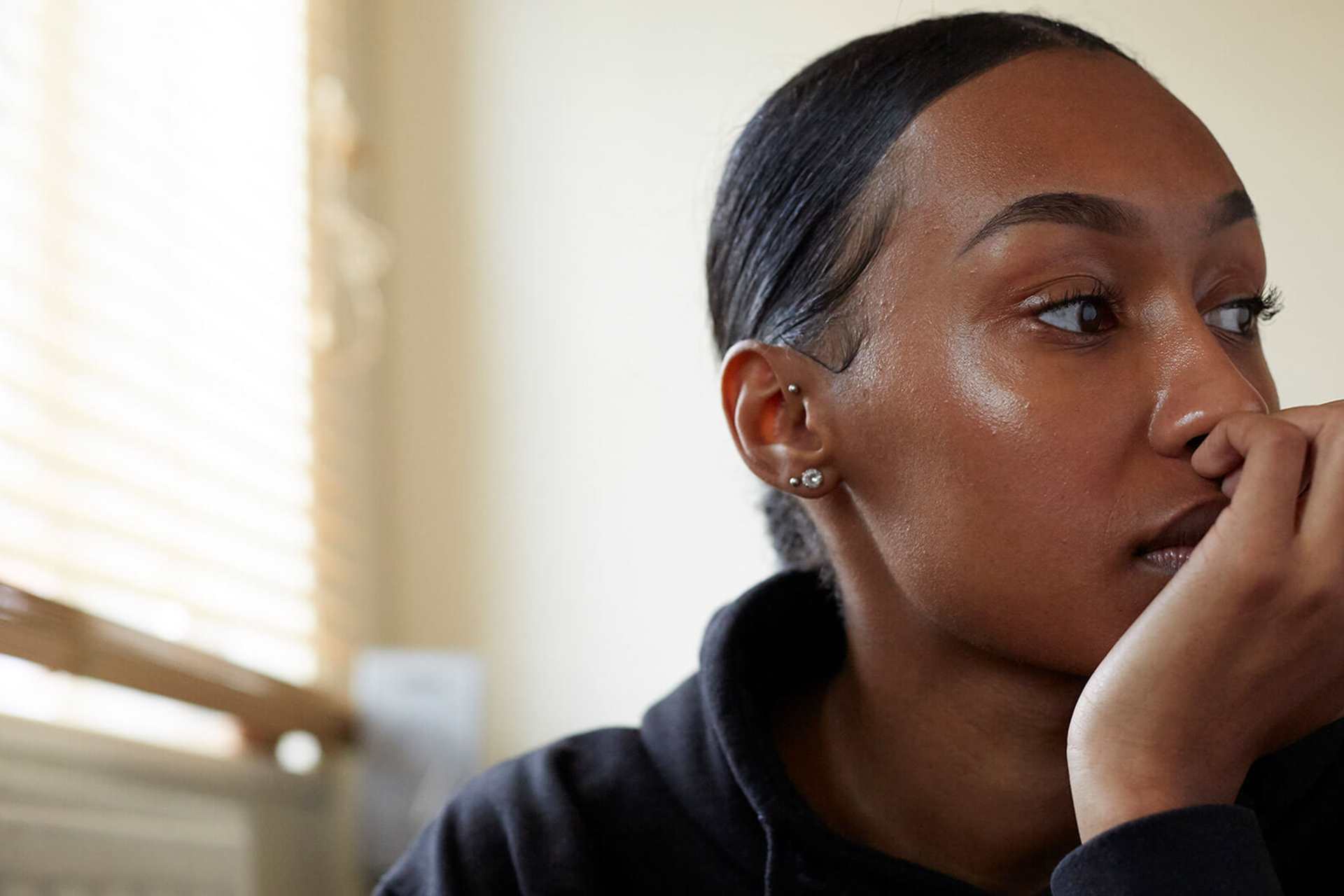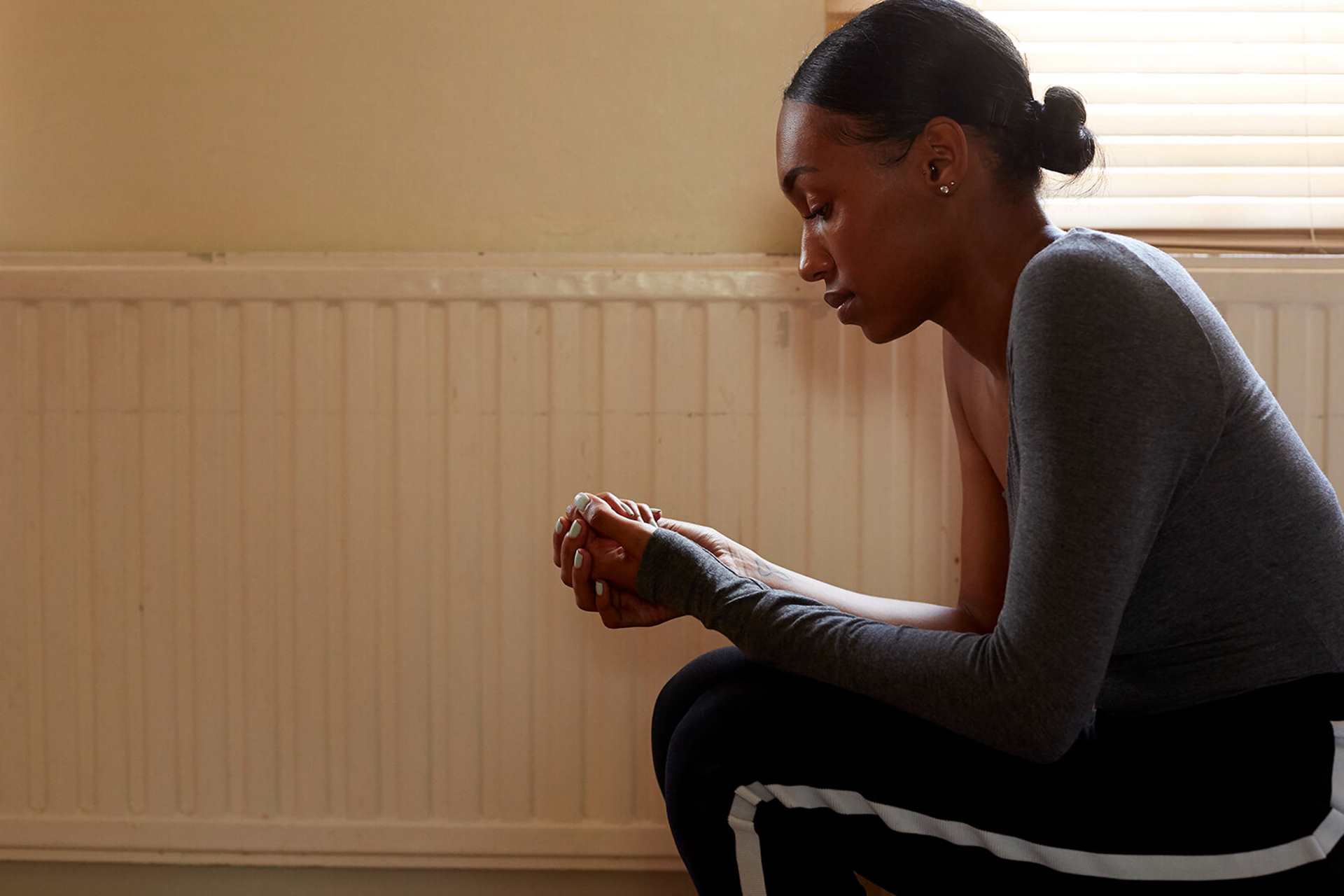Topics mentioned: anorexia, grief and loss, CAMHS, inpatient care
About: Recovery from eating disorders can be difficult, but it is possible. Rebecca shares her story to inspire and encourage others.
My name is Rebecca and I am currently 20 years old. I have had mental health issues (anorexia, depression, obsessive compulsive disorder (OCD) and anxiety) since I was 13 years old.
It began with some traumatic news. Being a keen student, I was looking forward to returning to school after the Christmas holidays. Little did I know, that day my year group was going to receive some devastating news. Called into the assembly hall, we were told that unfortunately there had been an accident the night before involving one of our classmates and she had died.
This hit hard. How were we all supposed to deal with this?
I have a twin sister and it happens that the unfortunate loss was one of my sisters’ best friends. So, me being me, I put all my attention into looking after and protecting her. I suppose looking back, I never grieved myself, meaning I never dealt with the emotional toll this incident took on me.
I suppose looking back, I never grieved myself, meaning I never dealt with the emotional toll this incident took on me.
In the summer of the same year, I got ridiculously sunburnt. When I say sunburnt, I do not just mean a tad red. I was literally red raw and blistered up so much that I could not walk - to this day I have scars on my body. Now, I admit, this was my own fault as I forgot to apply sun cream on the first day of the family holiday in Lanzarote. But it was horrible. I was room-bound for the rest of the holiday, ruining it for myself and my family – at least, that’s what it felt like.
So, I was a young teenager, burnt and feeling like a beached whale, suddenly having to deal with a whole range of displaced emotions. I turned to exercise. It was a good escape, until of course it combined with my OCD-like behaviour patterns and became an obsession. But of course, no one noticed, so it was okay… I thought.
But things got worse. I began obsessing over what I ate. I would keep it all a secret – it was only when I started to spend days in bed with a low mood and avoid going out that my parents realised something was wrong. So, I went to the doctor’s and was tested for everything you could think of… but of course nothing was found.
It was only when I started to spend days in bed with a low mood and avoid going out that my parents realised something was wrong.
In 2015 I passed out during a blood test on the day before my sixteenth birthday. It was when this led to me staying overnight in a general hospital that my behaviours and health became more of a concern.
I was under the CAMHS team at the time and they suspected I was dangerously underweight. I was sent to an inpatient unit for a month. When I came out, on paper I was ‘better’. I had put on weight, which was the primary aim when I was admitted.
I continued with life as normal, being a studious girl, always working hard. I saw a weekly therapist but I did not see myself as ill.
When I finished school, I started university and held down three part-time jobs on the side. Life was good. But I was oblivious to what everyone else saw; I was kidding myself. I was diagnosed with anorexia and it became clear that it was well and truly taking over. It was ruining me physically and mentally. I had a very difficult relationship with food and I was very depressed, but still I tried to carry on as if I were fine.
I saw a weekly therapist but I did not see myself as ill.
This went on until one day my psychiatrist said to me, “Do you want to die?” Of course I didn’t. This was the wake-up call I needed and my family had all kept trying to give me. Eventually I was admitted to another inpatient unit. This time I knew a month would not be enough.
I can honestly say that although I was reluctant to go in, it was the best thing I could have done. But oh my, I found it hard. However, with the help of some very lovely people along the way, my determined mindset, and strength and support from loved ones, I learnt how to manage. Unfortunately, this takes time. To this day, I am still not ‘fixed’ and in some ways, I don’t think I ever will be. But I am a stronger person, better able to cope and live my life.
To this day, I am still not ‘fixed’ and in some ways, I don’t think I ever will be. But I am a stronger person, better able to cope and live my life.
I have learnt from my journey that it is very important to talk. Be open and honest. Be true to yourself. Along the way, I have met many people who have told me of their own mental health battles, inspired to speak up because of me sharing my story. And this is what needs to happen. We must help one another and encourage positive changes to be made in society so no one feels alone or ashamed.
More information and advice
We have tips and advice to help you find the support you need. Take a look at our guides.
Where to get help
However you're feeling, there are people who can help you if you are struggling. Here are some services that can support you.
-
Beat
Offers information and support for anybody affected by eating disorders.
One-to-one web chat available. They also run a range of online support groups, which are all fully moderated and anonymous.
Enter your postcode in the HelpFinder to see what eating disorder support is available in your area.
View their information on helpline accessibility and confidentiality.
- Opening times:
- 365 days a year - weekdays (9am - 8pm); weekends (4pm - 8pm)
